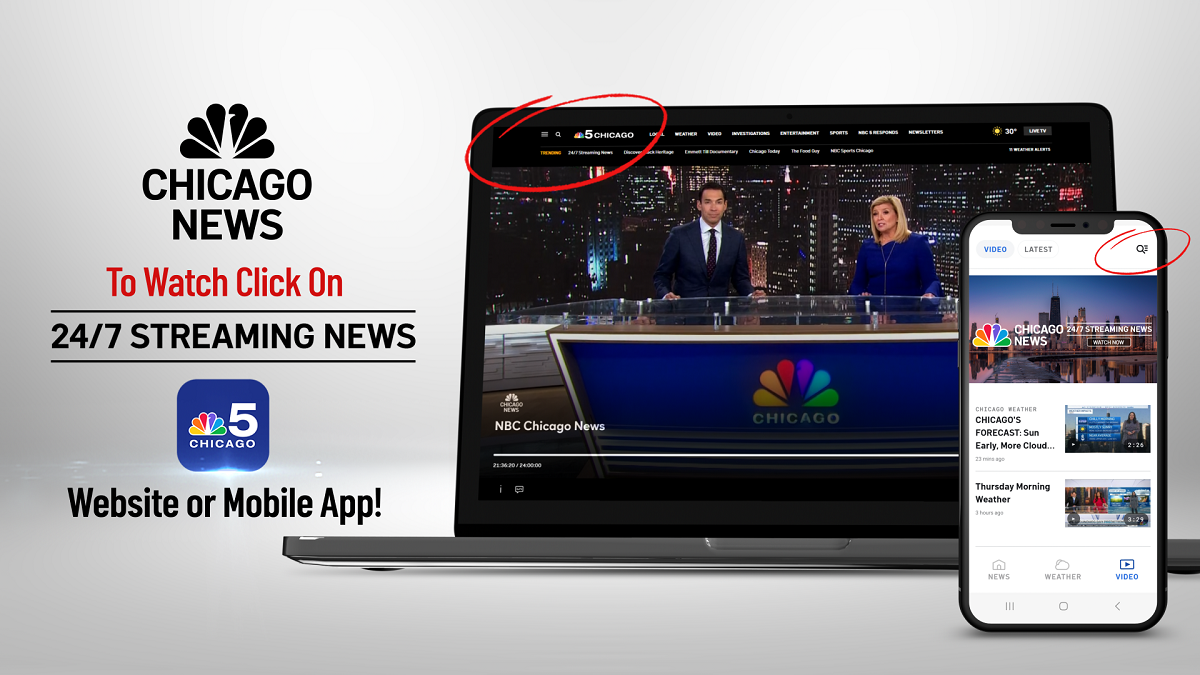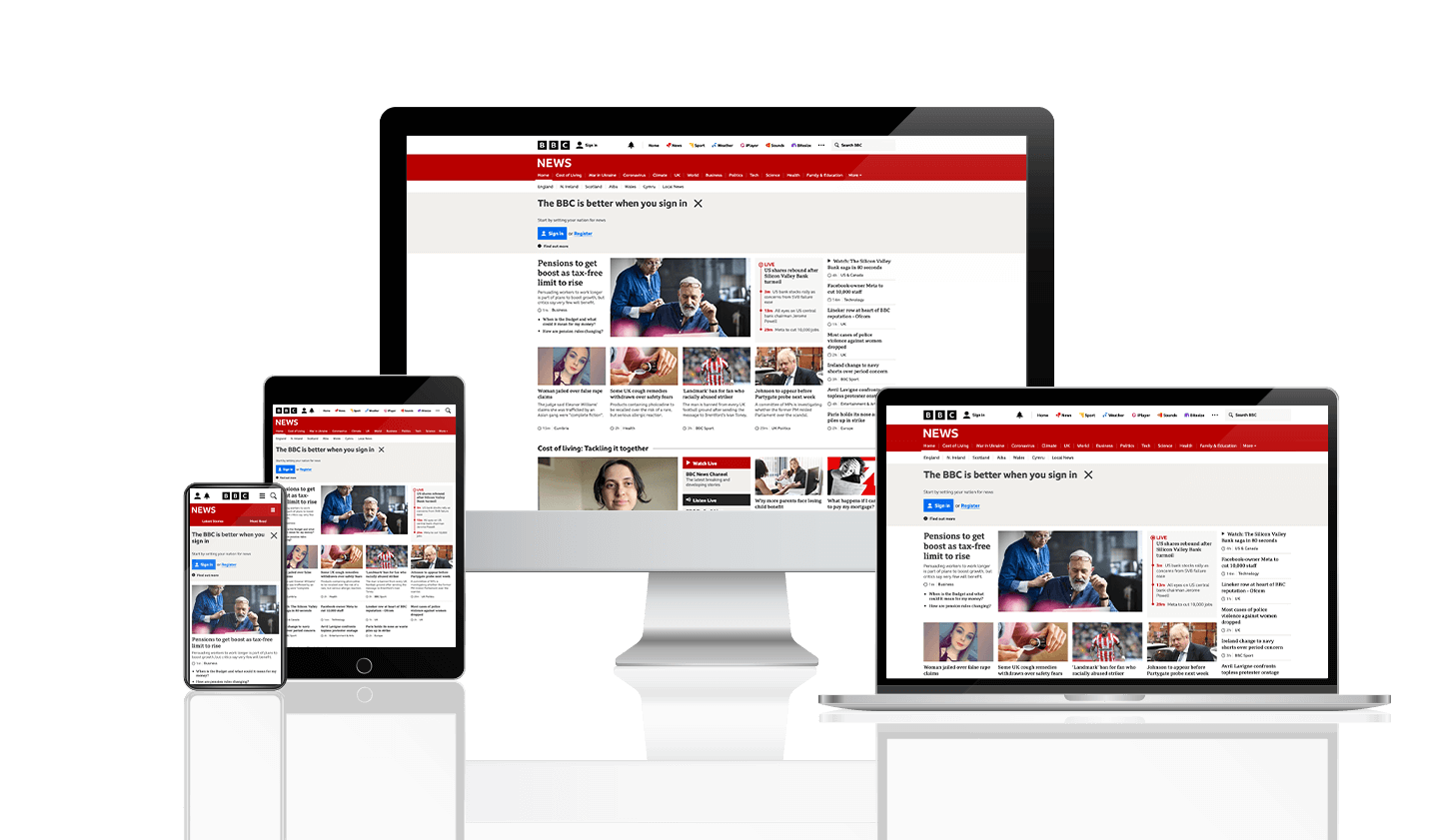See This Report about Popular News
See This Report about Popular News
Blog Article
Popular News Fundamentals Explained
Table of ContentsThe Facts About Popular News Revealed7 Easy Facts About Popular News ShownThe Facts About Popular News RevealedThe Basic Principles Of Popular News Popular News Things To Know Before You Buy
HELOCs, on the other hand, offer you with a possibility to borrow even more money at lower rate of interest for longer durations. "Normally, a HELOC will be more adaptable than a personal financing, and they frequently carry a reduced rate of interest," claims Whitehead. He adds, "In my experience, individuals that don't possess a home, get a personal financing when they require cash, and those who have a home will make use of a HELOC or comparable kind of financing when they remain in the same place." A is a kind of home loan that entails refinancing your current home mortgage for even more than you owe and securing the difference in cash money (Popular News).It permits you to obtain against your equity through a swelling sum amount or installment payments. Lenders don't require settlements as long as your house stays your main house, but interest and fees build up as long as you have an outstanding equilibrium. A HELOC can be better since you do not have to go to the very least 62 and it allows you to borrow on an as-needed basis.
If you possess a home and have adequate equity, a HELOC can supply a better solution. HELOC lenders often have adaptable qualification demands like payday lending institutions however provide bigger loans, reduced rate of interest prices and longer payment terms.
Lenders offer all of the above benefits in exchange for a lien on your home. That means if you do not make all your payments promptly, your home could go into repossession. As an outcome, it's essential to be certain that you can make your HELOC repayments on time and as concurred.
5 Easy Facts About Popular News Described
To get the most effective bargain, be sure to look around and compare elements like lending amounts,, fees, repayment durations and rates of interest.
The massive infant boom generation is getting to old age (several are already there), older people are living longer, and there are fewer younger people going into the labor force to pay right into the system. Excess cash have been placed right into a trust fund throughout the years, and the system will have to begin dipping into these funds within a year or 2.
At that factor, 58% of senior citizens stated Social Safety was a significant source of earnings, basically the exact same as today. In each of the previous 17 years, Social Safety has covered the listing of significant sources of income for senior citizens.

All about Popular News
A Quinnipiac poll previously this year showed that less than half of Americans, 45%, assumed that the Social Safety system would have the ability to pay "an advantage" when they were eligible to obtain it ("a" benefit can in concept be as reduced as a dollar a month, obviously). A Seat Research survey last December revealed that 16% of Americans assumed there would be adequate money to supply benefits to older Americans when they prepared to retire, another 42% said there would certainly have to be decreased advantages, and 42% said there would not suffice money in the system for them when they retired.
Well over six in 10 of those under 50 thought that they would not be able to get a benefit. Americans' issue about Social Safety in the future is likewise noticeable from Gallup's annual April study asking nonretirees to project how vital a source of retirement earnings Social Protection will certainly be when they retire.

See This Report about Popular News
Previously this year, Social Safety and security ranked fourth in value to Americans out of a list of 12 feasible priorities for the head of state and Congress to deal with, behind just education, medical care and the economic situation. This put it ahead of various other issues controling the political discussion today, including immigration, environment change and see this website earnings inequality.
Older Gallup survey research study discovered that a majority of Americans concurred with only two possible adjustments out of the listing evaluated-- restricting advantages for rich senior citizens and requiring higher-income employees to pay more into Social Protection. A survey (PDF download) done for the National Academy of Social Insurance policy likewise revealed assistance for raising the earnings cutoff point where employees no much longer pay into the system.
A Quinnipiac poll earlier this year showed that much less than fifty percent of Americans, 45%, assumed that the Social Security system would be able to pay "a benefit" when they were qualified to obtain it ("a" benefit can theoretically be as low as a dollar a month, certainly). A Pew Research poll last December showed that 16% of Americans thought there would certainly be enough cash to give benefits to older Americans when they were ready to retire, another 42% stated there would have to be decreased benefits, and 42% stated there would certainly not suffice money in the system for them when they retired.
Popular News Things To Know Before You Get This
Well over 6 in 10 of those under 50 assumed that they would certainly not have the ability to get an advantage. This is not brand-new. Some 36 years back, a Gallup analysis the original source reported that "63% of used Americans hesitated they could not obtain benefits at all when they got to old age, while an additional 16% thought advantages may not be comparable to they are currently." Americans' problem concerning Social Security in the future is additionally evident from Gallup's yearly April study asking nonretirees to predict just how vital a resource of retired life earnings Social Safety will be when they retire.
At the same time, Social Protection is rarely a top-of-mind issue for the average American, either. The situation in Social Security is not imminent, checks are still arriving, and less than one-half of 1% of Americans mention Social Protection when we ask the general public, month after month, to name one of the most vital problem facing the country.
Earlier this year, Social Security placed fourth in importance to Americans out of a list of 12 feasible priorities for the head of state and Congress to handle, behind just education, medical care and the economy. This placed it in advance of other concerns dominating the political discussion today, including migration, climate adjustment and income inequality.
Older Gallup survey research discovered that a majority of Americans agreed with just 2 prospective changes out of the listing examined-- limiting advantages for well-off retired people and calling for higher-income workers to pay more right into Social Safety. A study (PDF download) provided for the National Academy of Social Insurance coverage additionally showed support for increasing the income cutoff point where employees no more pay into the system.
Report this page